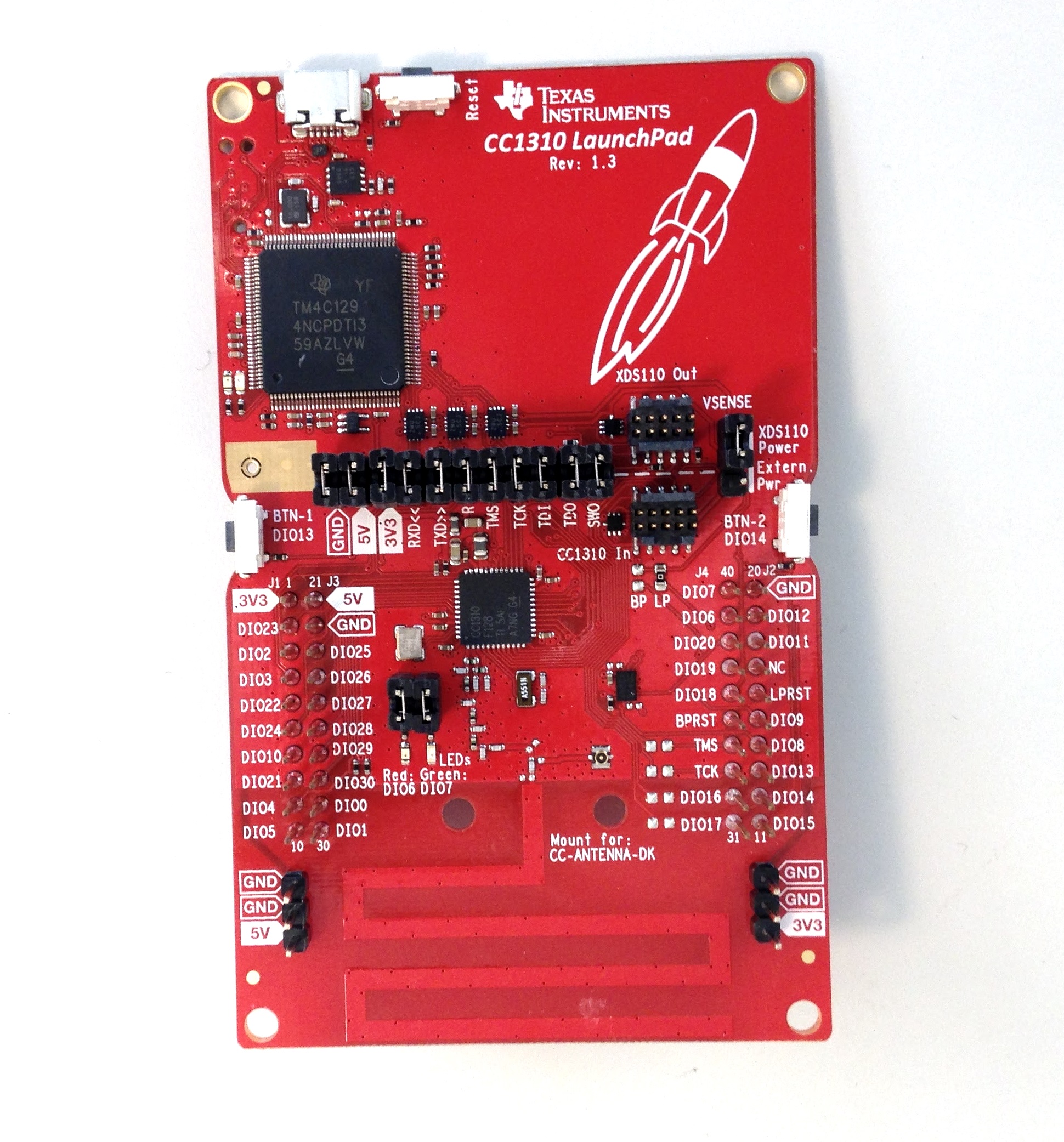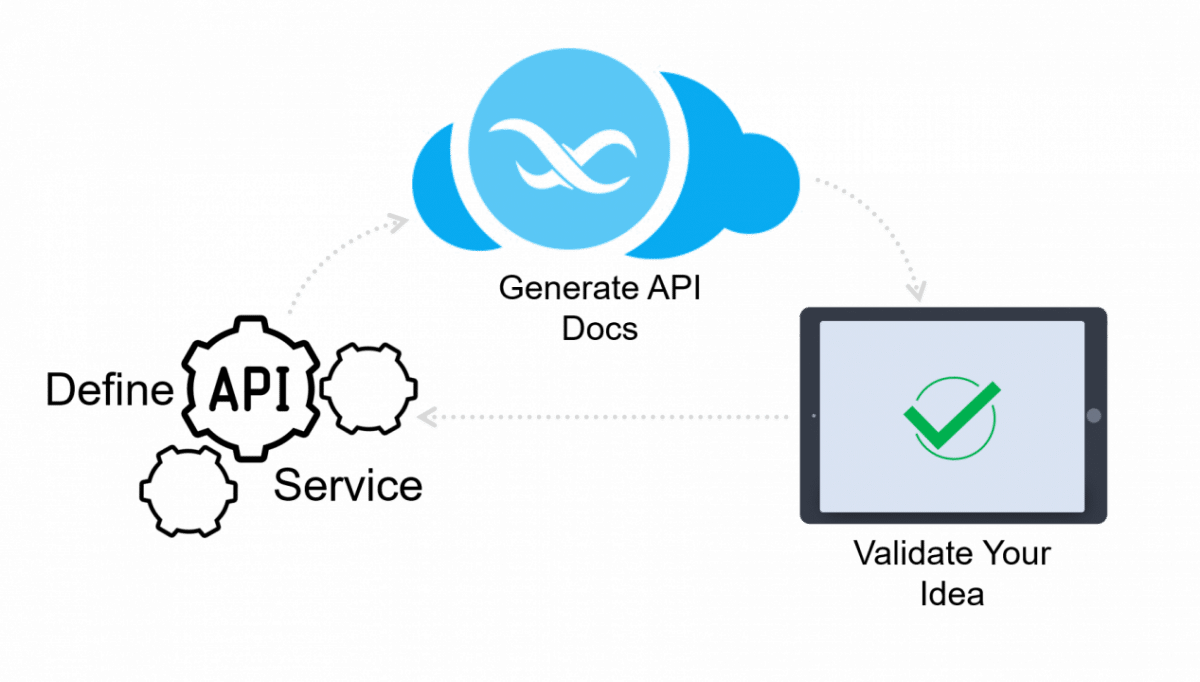
Values have their special characters like " and $ On success, the function returns a dictionary where keys and values are Raises OSError or subclass when neither /etc/os-release nor Is available in most Linux distributions. Get operating system identification from os-release file and return The file is read and scanned in chunks of chunksize bytes. Note that this function has intimate knowledge of how different libc versionsĪdd symbols to the executable is probably only usable for executables compiled Returns a tuple of strings (lib, version) which default to the given parameters in case the lookup fails. Tries to determine the libc version against which the file executable (defaults libc_ver ( executable = sys.executable, lib = '', version = '', chunksize = 16384 ) ¶ Get macOS version information and return it as tuple (release, versioninfo, machine) with versioninfo being a tuple (version, dev_stage, non_release_version).Įntries which cannot be determined are set to ''. 'Enterprise', 'IoTUAP', 'ServerStandard', and 'nanoserver'. Possible values include but are not limited to
#Platform docs windows#
Returns a string representing the current Windows edition, or None if the Which means the OS version uses debugging code, i.e.

#Platform docs free#
To the OS version being free of debugging code. Values whichĬannot be determined are set to the defaults given as parameters (which allĪs a hint: ptype is 'Uniprocessor Free' on single processor NT machinesĪnd 'Multiprocessor Free' on multi processor machines. (release, version, csd, ptype) referring to OS release, version number,ĬSD level (service pack) and OS type (multi/single processor). Get additional version information from the Windows Registry and return a tuple The defaults given as parameters (which all default to ''). Values which cannot be determined are set to Tuple (vm_name, vm_release, vm_vendor) and osinfo being a tuple Returns a tuple (release, vendor, vminfo, osinfo) with vminfo being a Also, the attribute names are differentįor the first two attributes os.uname() names themĮntries which cannot be determined are set to ''.Ĭhanged in version 3.3: Result changed from a tuple to a namedtuple(). Note that this adds a sixth attribute ( processor) not present Returns a namedtuple()Ĭontaining six attributes: system, node, release,
#Platform docs portable#
uname ( ) ¶įairly portable uname interface. Returned if the value cannot be determined. Returns the system’s release version, e.g. Where it would otherwise cause confusion. It also does some reordering of the information in some cases Returns (system, release, version) aliased to common marketing names usedįor some systems. system_alias ( system, release, version ) ¶ An empty string is returned if the value cannot be determined. Returns the system/OS name, such as 'Linux', 'Darwin', 'Java', Include the patchlevel (it defaults to '0'). Returns the Python version as tuple (major, minor, patchlevel) of strings. Include the patchlevel (it defaults to 0). Note that unlike the Python sys.version, the returned value will always Returns a string identifying the Python implementation SCM revision.

Possible return valuesĪre: ‘CPython’, ‘IronPython’, ‘Jython’, ‘PyPy’.

Returns a string identifying the Python implementation.

Returns a string identifying the Python implementation SCM branch. Returns a string identifying the compiler used for compiling Python. Returns a tuple (buildno, builddate) stating the Python build number andĭate as strings. Platforms do not provide this information or simply return the same value as for 'amdk6'.Īn empty string is returned if the value cannot be determined. Non-empty release string, to get the macOS version rather than the darwin Changed in version 3.8: On macOS, the function now uses mac_ver(), if it returns a


 0 kommentar(er)
0 kommentar(er)
